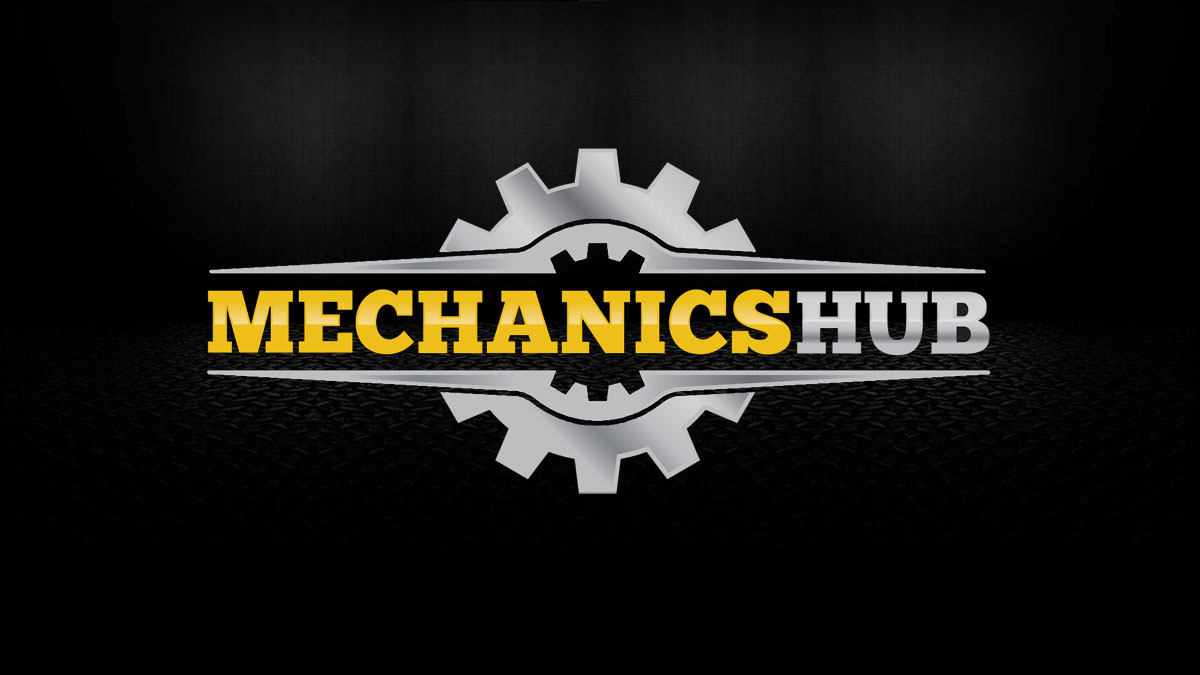"Work smart and hard."
That’s the phrase coined by Mike Rowe, former host of Discovery’s "Dirty Jobs" and the voice behind Ford truck commercials. When he’s not working in television, Rowe often speaks about the value of hard-working jobs involving trade skills and hands-on experience. On HBO’s "Real Time with Bill Maher," Rowe tells a story about a poster in his high school guidance counselor’s office that said "Work smart, not hard," and how it sparked an idea about what "smart" work really meant.
Heavy equipment mechanics are in high demand. If your job application form and experience got you the interview, now the question is: What do you need to know before walking through that front door?
Dress the Part
Just because you wear overalls on the job doesn’t mean you can wear them to the interview. But you don’t want to overdress, either. The Houston Chronicle recommends following the "one up rule." You should never out-dress the hiring manager you’re interviewing with, as he or she might not feel comfortable hiring you as a future colleague. When interviewing for a position as a heavy equipment mechanic, a safe bet for an interview outfit will be a solid-color button-down shirt tucked into a pair of khaki dress pants.
Sharpen (and Bring) Your Resumé
If you followed our "10 Tips on Improving Your Heavy Duty Mechanic Job Resume," the final draft probably helped you land the interview. But it doesn’t hurt to give it a final look and bring a revised version to the interview. The hiring manager could ask you a question like, "I noticed you spent two years working for (company x). Could you explain what you meant by (y)?" You can quickly and confidently respond with something like, "Yes, I did notice that. Here’s an updated explanation of that…" and show him or her the updated version.
Show Company Desire
Why you want to be a diesel machinery professional is less important to the hiring manager than why you seek out employment with his or her company. Be prepared to answer questions that have less to do with the role (though there will be those too) and more to do with the name on the office door.
"What about our company stands out to you?"
"What led you to apply to this company?"
"How would you do things differently here?"
"What’s your ideal future with this company?"
The more you prepare for these questions, the more interested you’ll appear in the company’s future and not just a paycheck.
Understand Project Management
Depending on your training and previous job experience, project management might have been a secondary skill, but today it should be a sharpened tool in your set. Organizations like the Project Management Institute offer a Project Management Professional (PMP) certification that can really boost your resume and catch a hiring manager’s eye. Even if the job you’re applying more has nothing to do with managing projects or people, the certificate offers potential for moving up in the company and shows that you’re after a career, not a job.
Author: Kyle Lexington. Kyle is a business consultant and freelance writer with three dogs and three kids. They all live in upstate New York.







